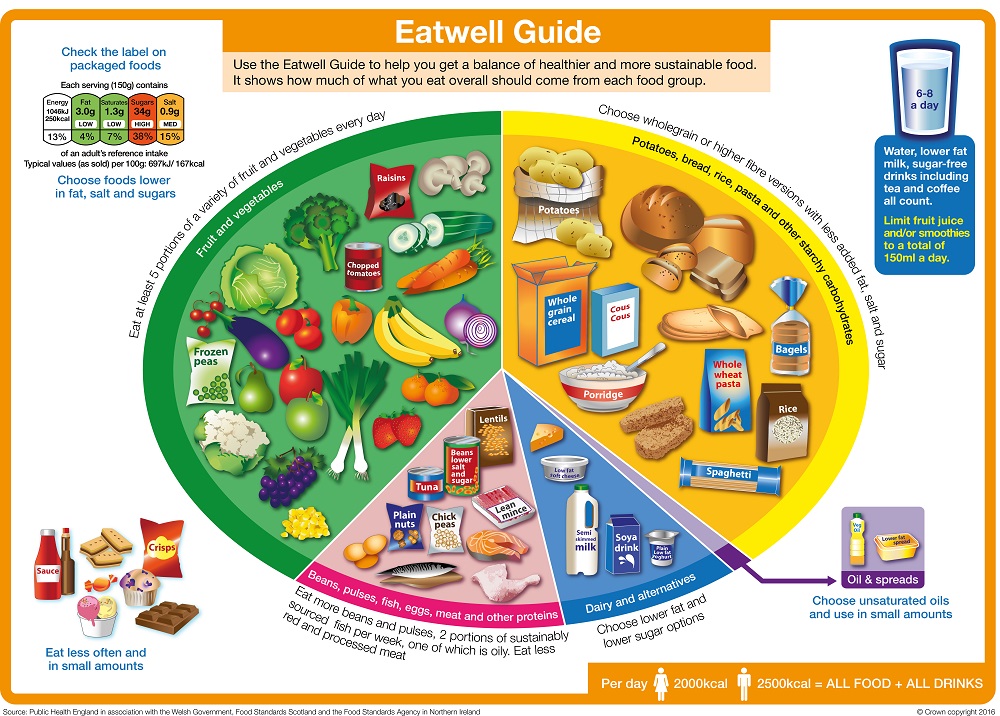Patients identified as being at risk of cardiovascular disease should be provided with appropriate advice to minimise these risk factors. Much of the advice regarding diet, weight loss and physical activity will overlap and act to reduce more than one risk factor. Advice should be tailored to the individual patient and provided both verbally and in a written format.
Weight loss
Patients who are either overweight or obese should be advised on appropriate weight loss measures to enable them to achieve and maintain a healthy weight.
Patients can be provided advice regarding diet, exercise or pharmacological measures, such as orlistat, that can be used to assist with weight loss.
Alcohol consumption should always be considered when providing diet and weight loss advice to patients who are overweight or obese. Patients should be advised on calorie content and the potential impact on their weight. One pint of lager is equivalent to 182Kcal and one small glass of white wine is 93Kcal.15
When advising patients on weight loss it is important to consider factors such as their ability or willingness to change, their personal esteem, potential barriers to change such as lack of time, or knowledge about buying or cooking food, cost and availability of foods along with opportunities for exercise.
Dietary advice
Patients at high risk of cardiovascular disease can be provided with the following advice regarding healthy diet:
- Total fat intake should be 30% or less of their total energy intake, and saturated fat (which is mainly from animal sources) should be 7% or less.
- Olive oil or rapeseed oil should be used for spreads, salad dressings, and food preparation in preference to animal based fats such as butter or ghee.
- Choose wholegrain versions of cereals, breads and other starchy foods.
- Reduce sugar intake and consumption of foods containing refined sugars.
- Consume at least five portions of fruit and vegetables daily. It may be beneficial to explain or demonstrate what is considered to be a single portion of fruit or vegetables.
- Eat a minimum of two portions of fish weekly including a portion of oily fish.
- Eat a minimum of four to five portions of unsalted nuts and seeds each week.
- Keep salt intake low i.e. no more than 6g daily, avoid adding salt at the table or during cooking, and to ensure processed foods are kept to a minimum.
NICE guidance on diets to reduce the risk of cardiovascular disease advises that plant sterols, omega 3 capsules and other supplemented foods should not be recommended.10
Patients should also be provided with suitable advice on portion control. This may be best demonstrated diagrammatically using the 'Eatwell Guide'.

Practical advice may also be appropriate such as grilling food rather than frying, removing fat from meat or skin from chicken before cooking.
